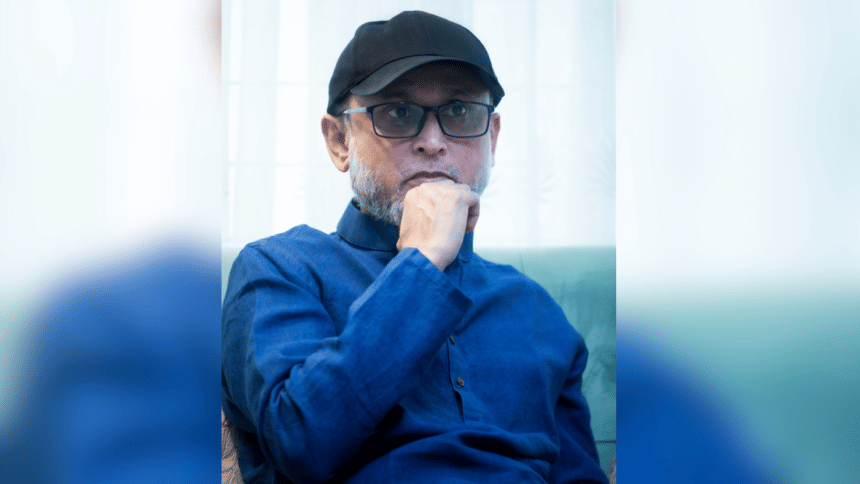Cultural Affairs Adviser Mostofa Sarwar Farooki has issued a detailed statement addressing public criticism surrounding the arrest of Baul Abul Sarkar and the ministry's cultural initiatives.
Farooki said he remained silent initially because his priority, as an adviser, was to "do the work, not issue statements". However, he noted that recent debates have compelled him to clarify several points.
According to Farooki, he contacted the Ministry of Home Affairs immediately after learning about the police arrest of Abul Sarkar. The ministry supplied him with a video clip and briefed him on the intensity and risks of the situation. He emphasised that criminal matters fall strictly under the jurisdiction of the Home Ministry, which he said is handling the "sensitive and delicate issue with responsibility".
Farooki added that neither he nor the Ministry of Cultural Affairs holds authority over law and order, though he remains in constant communication with Home Ministry officials. He urged citizens to maintain "patience and restraint", stating that only social and religious harmony can ensure a peaceful future for Bangladesh.
Addressing criticism that has been directed at him personally, Farooki said a noticeable pattern has emerged, where the Home Ministry has been spared from scrutiny while he becomes the primary target. He stated that some critics, who previously questioned his ministry's documentary projects as "harmful for inclusive politics", may now be using the Abul Sarkar issue to amplify their discontent.
"This work must be done because the martyrs sent me to do it," he said, adding that the ministry will pursue further initiatives that may discomfort certain groups. "This work must be done by me, because the martyrs have sent me to do exactly this. I am sorry if that makes you feel uncomfortable. And our ministry will undertake even more uncomfortable tasks in the coming days. A group of young researchers has begun examining the long-running project of turning Bangladesh into an intellectual colony by erasing history or presenting selective fragments of it. So, I would request you to be prepared to attack me even more."
Responding to allegations of hypocrisy, with some maintaining that the ministry celebrates Lalon while Bauls continue to face violence, Farooki said the Ministry of Cultural Affairs has no role in such attacks. He cited a long history of persecution against Bauls and Fakirs, including past incidents during the Awami League's tenure.
"I don't understand. Did the Ministry of Cultural Affairs assault the Bauls? I would request you to do a bit of research. You will then see that the history of persecution of Fakirs and Bauls is very old. Even during the Awami League's tenure, look into how many places Bauls were attacked, their hair cut off, their instruments destroyed, playwrights arrested for "hurting religious sentiment"!
He explained that the ministry has taken the strongest cultural stance possible by declaring Lalon celebrations at the national level and organising multiple sadhusangs across the country. For the first time in 54 years, the ministry has celebrated Eid, Buddha Purnima, Durga Puja, and brought together diverse communities for Pahela Baishakh. "This is the new Bangladesh, where every community will have a stake," he said.
On cultural policy expectations, Farooki questioned what critics believe the government's role should be. Using an analogy, he said stopping girls' football matches due to isolated incidents would not justify discontinuing sports altogether — similarly, expanding cultural celebrations should not be seen as a crime.
Farooki also addressed the mockery surrounding the ministry's drone shows. Some social media users linked unrelated incidents, such as attacks on Bauls or accidents involving citizens, to his use of drone shows.
Describing such comments as "farcical", the adviser urged critics not to behave like the fictional 'Amin Chairman', who feared television simply because it was unfamiliar. He shared an anecdote about a friend whose East German father once covered her eyes upon seeing Barbie dolls, fearing they would "corrupt" her — likening this to modern-day discomfort with drone shows.
He noted that drone shows have become a global norm at major events, including the recent opening of the Grand Egyptian Museum and FIFA World Cup promotional activities across 26 cities.
"Media is evolving every day… drone shows are the new normal worldwide. The same is happening in Bangladesh, and more will happen in the future," he said.

